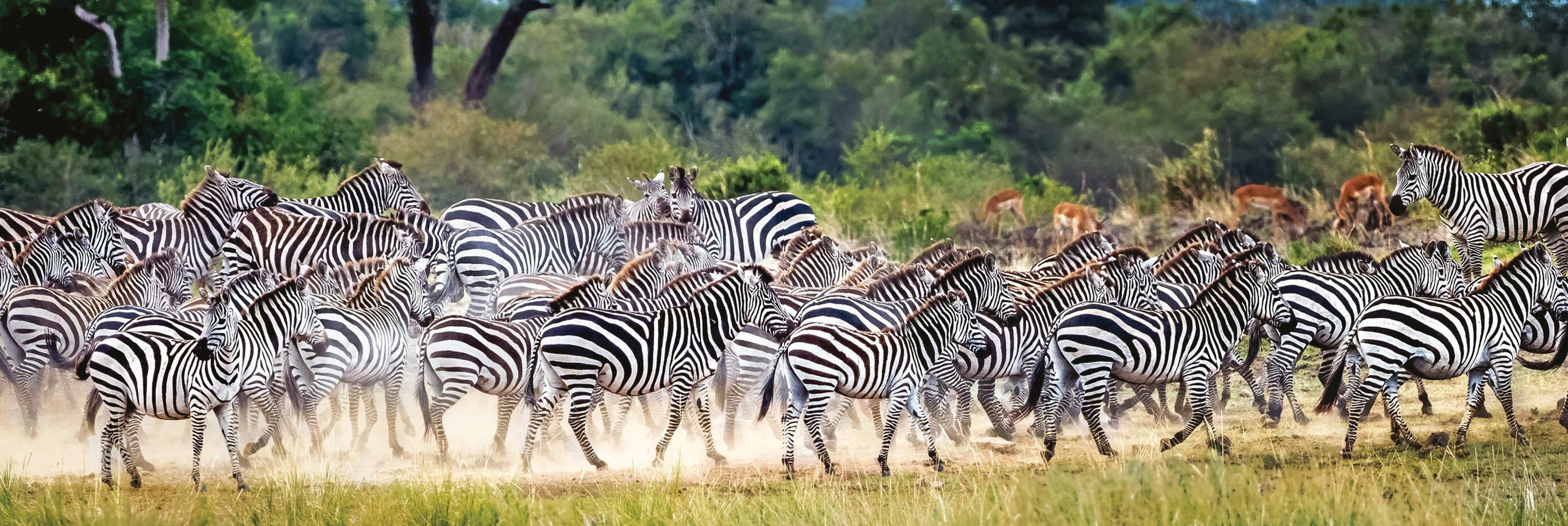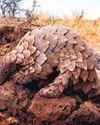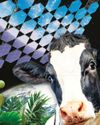
As the seasons are starting to change around the world, the animal kingdom is on the move. Creatures of all shapes and sizes, from humpback whales to butterflies, embark on epic journeys to find food, escape cold weather or find a mate. Animal migration is one of nature’s great wonders, but how do animals know when it’s time to set off on their journey, or where they need to go? Once they’ve worked out their destination, how do they know how to get there? Scientists have been puzzled by these questions for many years.
Embarking on an adventure
Migration is a behavioural pattern where animals travel from one habitat to another in search of something. It happens seasonally, and usually involves a return journey. These journeys can be by land, sea or air. One of the main reasons behind animal migration is the search for food. Animals like gazelles, wildebeests and zebras migrate in huge herds during dry seasons to look for fresh grass to eat and water to drink.
هذه القصة مأخوذة من طبعة Issue 72 من The Week Junior Science+Nature UK.
ابدأ النسخة التجريبية المجانية من Magzter GOLD لمدة 7 أيام للوصول إلى آلاف القصص المتميزة المنسقة وأكثر من 9,000 مجلة وصحيفة.
بالفعل مشترك ? تسجيل الدخول

هذه القصة مأخوذة من طبعة Issue 72 من The Week Junior Science+Nature UK.
ابدأ النسخة التجريبية المجانية من Magzter GOLD لمدة 7 أيام للوصول إلى آلاف القصص المتميزة المنسقة وأكثر من 9,000 مجلة وصحيفة.
بالفعل مشترك? تسجيل الدخول

WE COULD BE HEROES
Meet the young people just like you who are doing amazing things to help save the world.

Space probe "touches" the Sun
NASA's Parker Solar Probe made history on 24 December 2024 with the closest-ever approach to the Sun.

Asel Sartbaeva
Meet the researcher whose work will save lives around the world.

Loch Ness Monster
Can new studies of Loch Ness finally unlock the secrets of Nessie?

Pangolin preservation
Meet the puppy protectors helping to save a threatened animal.

Mice wear VR goggles
Scientists at Cornell University in the US have built virtual reality (VR) goggles for mice.

10-year-old wins award
A woman who had bowel cancer is now cancer-free after receiving a liver transplant.

A life-saving liver transplant
A woman who had bowel cancer is now cancer-free after receiving a liver transplant.

Robot shoots hoops
A robot designed by Toyota Motor Corporation in Japan has broken the world record for the longest basketball shot by a humanoid robot.

SCIENCE SAVES THE WORLD
Space umbrellas, green sand and garlic milk... Isabel Thomas explores the boldest ideas and wackiest ways to fight climate change and fix the planet.
